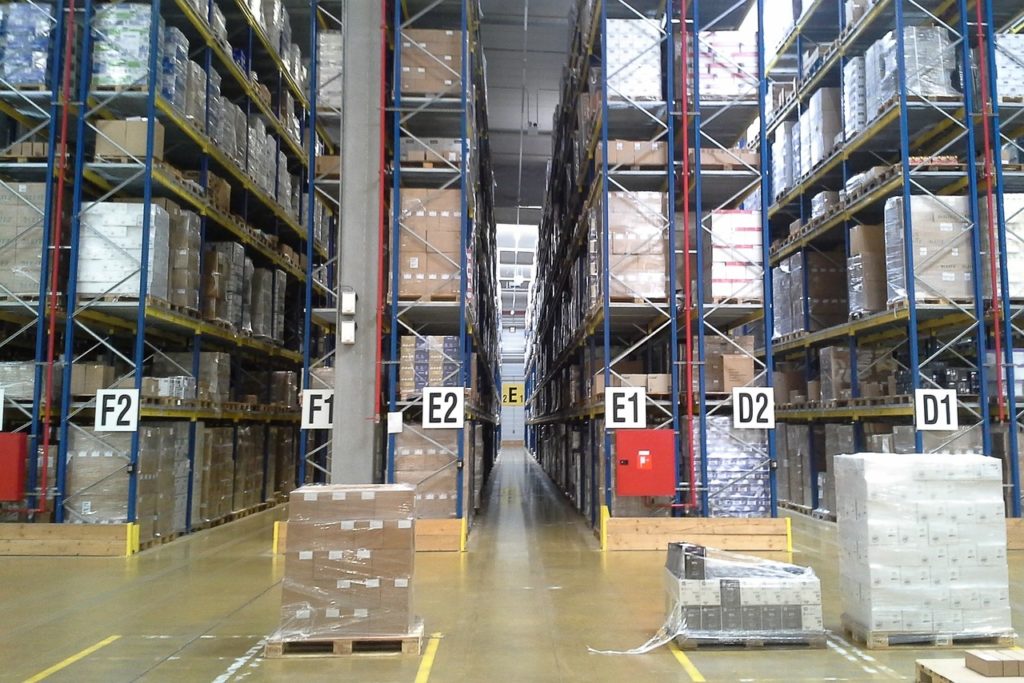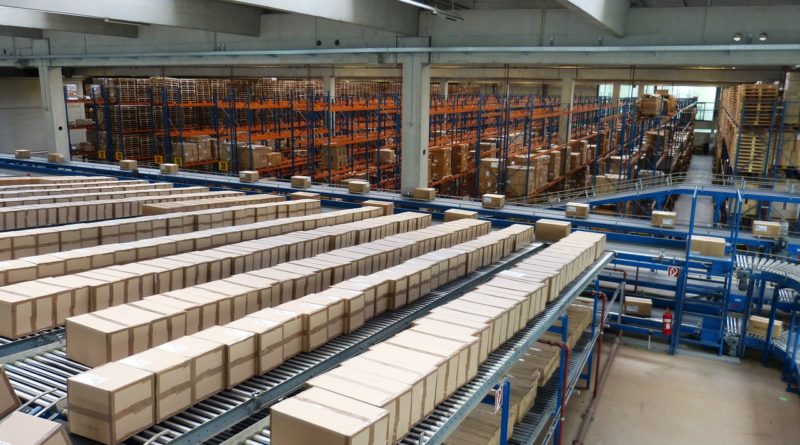The Sharing Economy in the Logistics World
In logistics, warehouse-sharing is the proposed starting point
In the logistics sector, the model begins to change from consumption to utilization.
Logistic personnel have to undergo a mind-set change in order to grasp the opportunities available in the sharing economy.
As we outlined in the last article, the freight transport sector is changing, even to the point of involving private individuals in the delivery process. But logistics is not only about transportation because it also involves the storage of material. Today we are talking about shared warehouses as the new models.
Two models
In “the storage sector”, we are now seeing two new pricipal models: Truly Shared Warehousing and Urban Discreet Warehousing.
By the term “Truly Shared Warehousing”, we mean that warehouses are multi-customer warehouses. In other words, the logistics sector owner makes available empty-space rental-time in big warehouses.
By “Urban Discreet Warehousing” we mean that space is made available by private individuals to others to store material. These spaces ca include, for example: garages, cellars and vacant housing.
Truly Shared Warehousing
We frequently see logistics companies repositioning themselves in the market by offering the services of shared space, infrastructure and economies-of-scale. The process is accompanied of investiment and growth in infrastructure and systems for inventory-level-management.

DHL
DHL, for example, has a platform, DHL Space, where a user can rent space in the nearest warehouse which has unoccupied areas available.
As stated by Mario Zini, Country Manager (Italy) for DHL Global Forwarding:
Logistic providers can take advantage of sharing their resources, and leveraging these opportunities throughnanmore convenient use of their warehouse space, transport means, more efficient delivery methods or flexible-work models. It is however, crucial to ensure accountability and transparency. Indeed, technology developments often move faster than previous norms, and companies and authorities must therefore work together to protect relevant rights and safeguards. [ANSA source]
CEVA LOGISTIC
Ceva Logistic did something similar to DHL. It created single-sector logistics hubs where competitors and companies in the same sector share infrastructure, people, processes and transport flows.
The entrepreneur who outsources his logistics often see his products stored alongside completely different storage needs and handling methods. The creation of hubs implies, instead, the creation of a structure complete with the appropriate services and workers with the necessary specific skills to serve operators in sma sector.
The first Ceva hub was created for publishing and was so successful that other dedicated hubs were created for various other single sectors from pharmaceuticals to electronics.
Urban Discreet Warehousing
In this case, platforms allow the private citizen who needs to store material to connect to those who have available empty space.

MakeSpace and Omni
Makespace and Omni are two companies that work in the USA market. The model for both their platforms is similar to Airbnb’s.
In the same way that Airbnb does not own rental accomodation, MakeSpace and Omni do not own any spaces.
Airbnb has created the largest hotel chain in the world through the rental of empty real estate and rooms that the accommodation community makes available. MakeSpace and Omni have the possibility to create the largest interconnected warehouse structure in the world.
With Airbnb, an empty room can be a source of income. Similarly, with MakeSpace and Omni, an individual owner can create a source of income from letting an empty cellar, a garage, an attic or unrented housing.
Obviously the service is not comparable to that of a real warehouse. Think though of how many times you needed to rent, short or longterm, a space as a result of moving or for various other reasons.
MakeSpace and Omni are currently active in four cities in the United States but it is estimated that in the coming years their capillary of networks will grow and even spread across national borders.
Storing Cargo
Storing Cargo is a Slovenian platform where people can share warehouse or rent warehousing services. It is a young platform. It is founded in 2019, but it has great numbers. In this network there are over 300 warehouses, over 650 users and the average reservation value is 350 EUR.
The platform is very smart and flexible. Its development runs fast behind the needs of users.
When a company needs to dispose of the inventory in warehouses…
Often companies have unused inventory or equipment which could serve other operators.
The re-utilization of items or places is the flame that gave birth to the sharing economy business. From this point of view, I like the Edilmag sharing economy model. It is an italian start-up that aims to allow construction companies to share warehouse inventories, equipment and know how.
The idea is interesting and bold because it involves sectors like construction which are charecterized by small companies and often linked to traditional business models.
But, for me, it is the kind of entrepreneur more than any other who can seize the opportunities that the sharing economy offers. It is, indeed, a sector whereit’s often hard to quantify the use of machinery or material upstream. The idea of networking your warehouse is also important from the point of view of fast communication.
For a craftsman to know, within a few seconds, tha availability of material is positive from the organizational side as well as the economic side. Considering yhe current economic crisis in construction sector, the Edilmag idea seems to me a great idea.
With the expected demographic growth in the coming years, space and resource management will be one of the major issues. As we have seen in this article, and in the previous ones dedicated to transport, logistics seems to have already met the challenge.
It many well be that the sìSharing Economy also helps the planet become “greener”.




